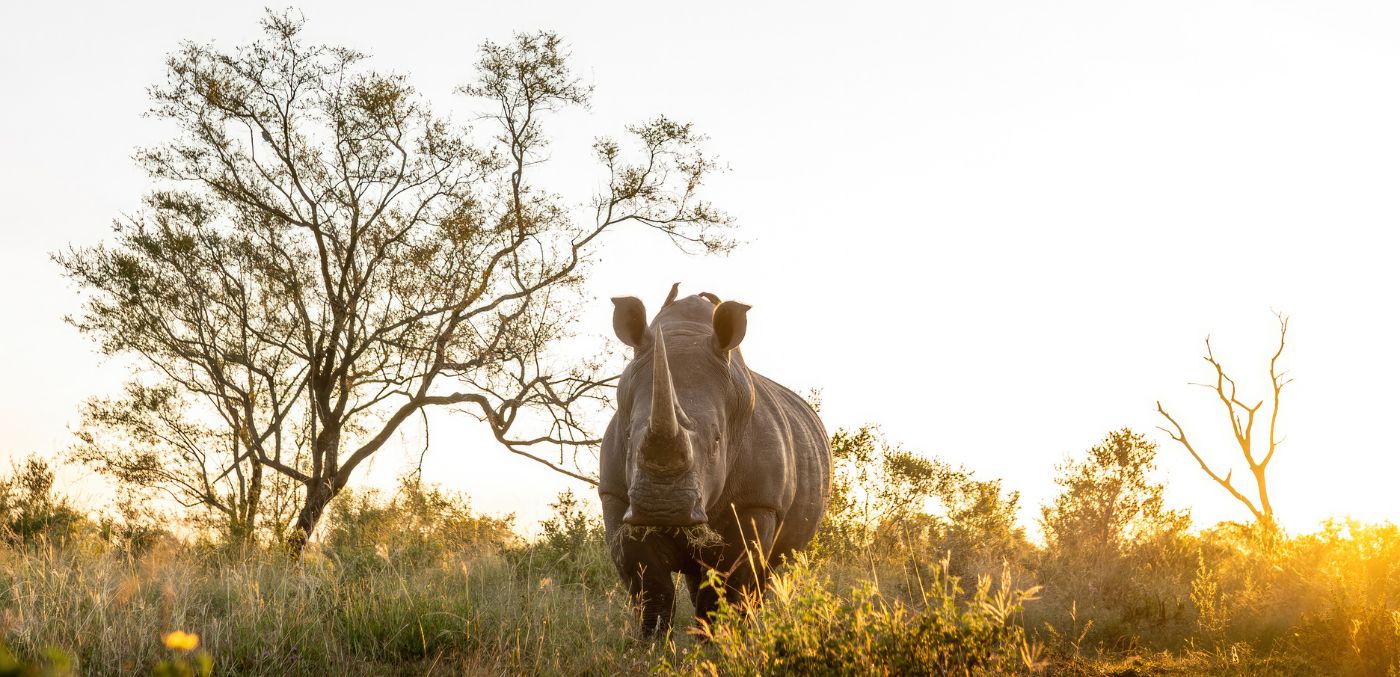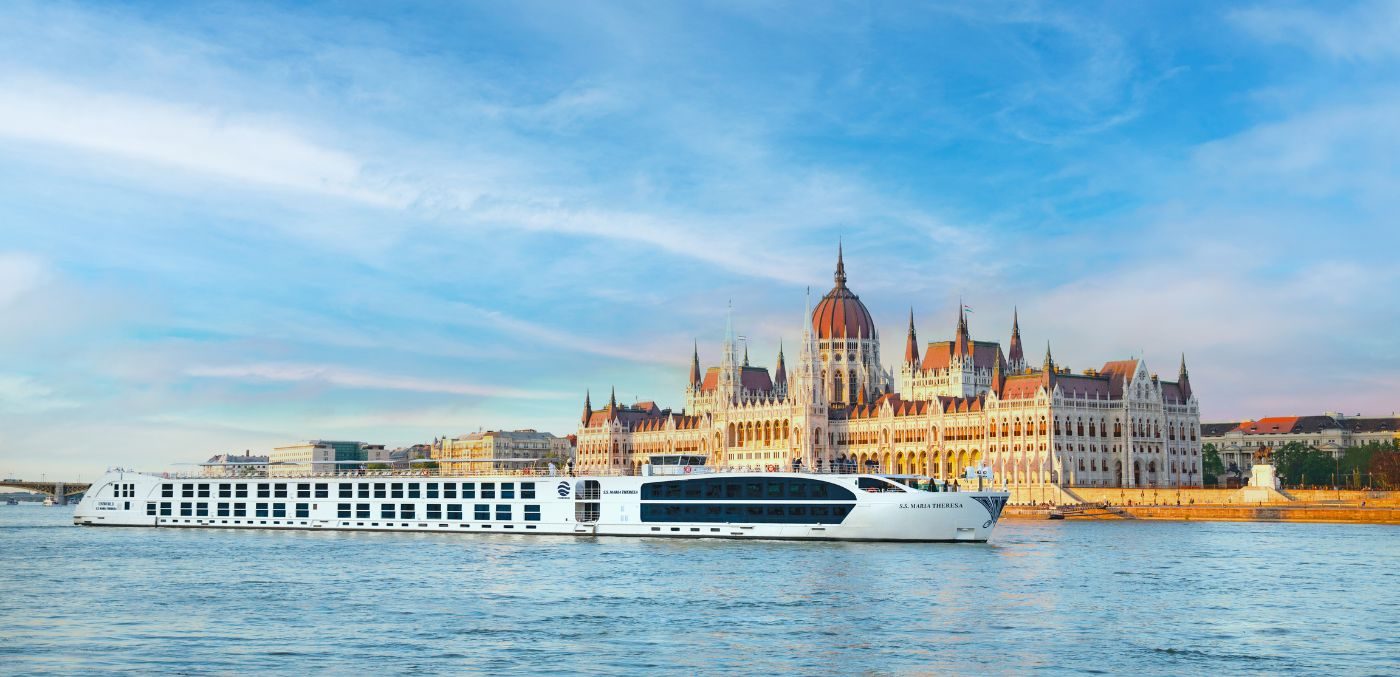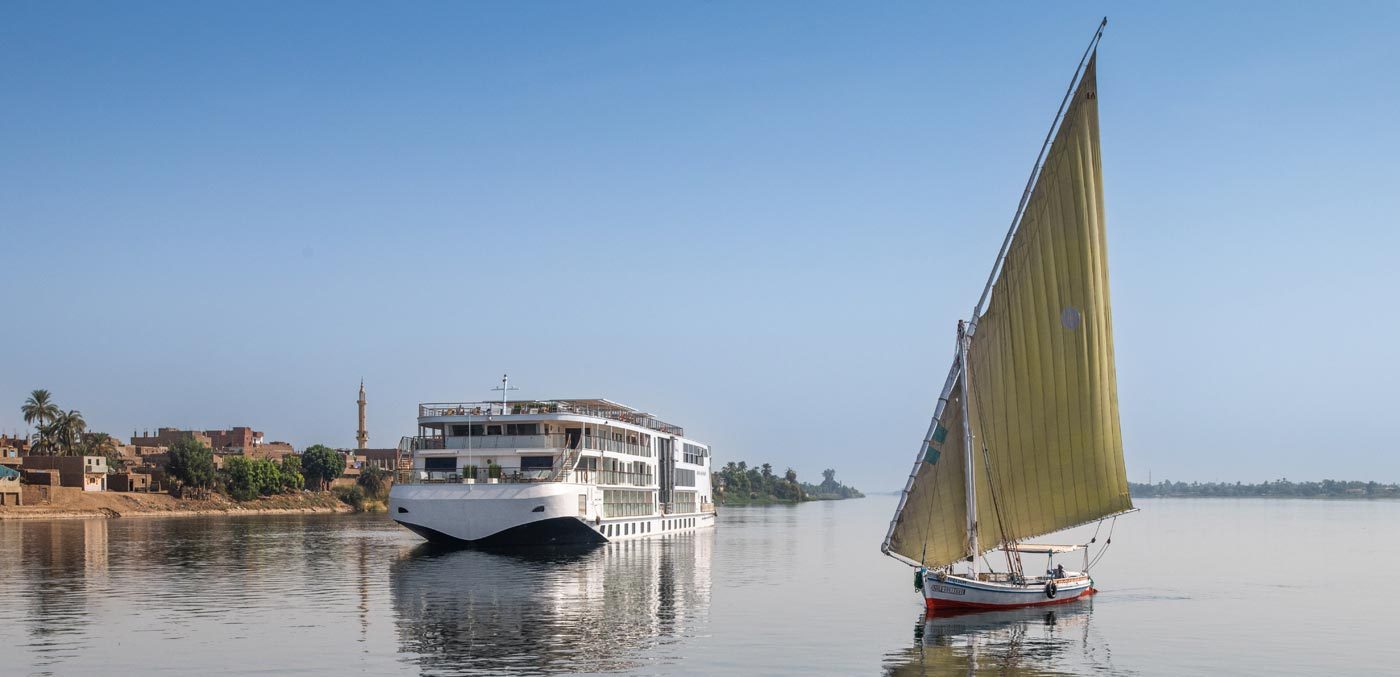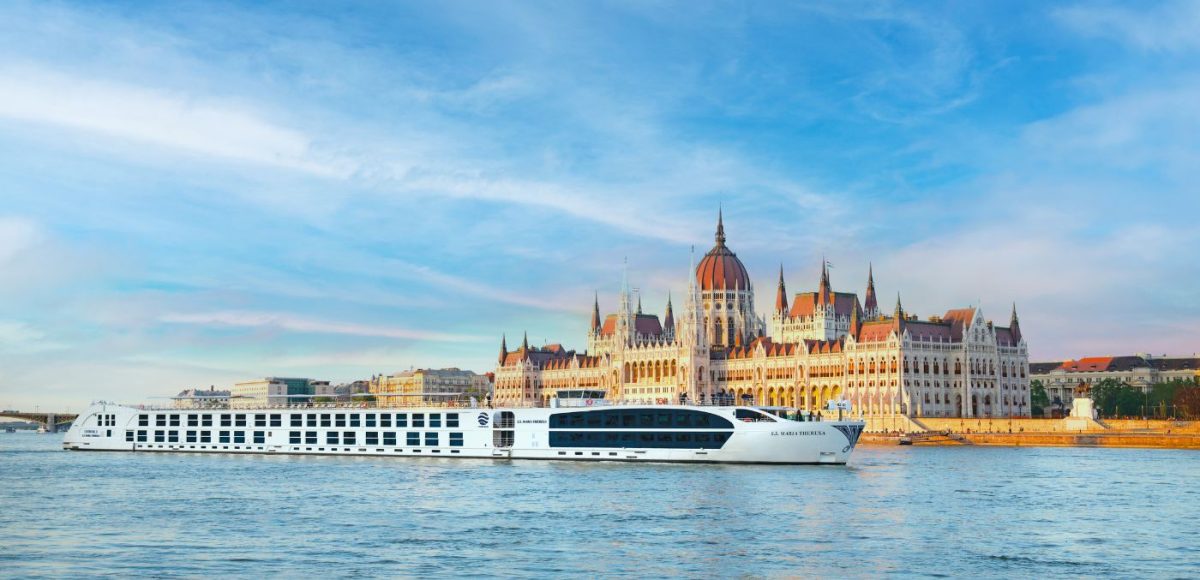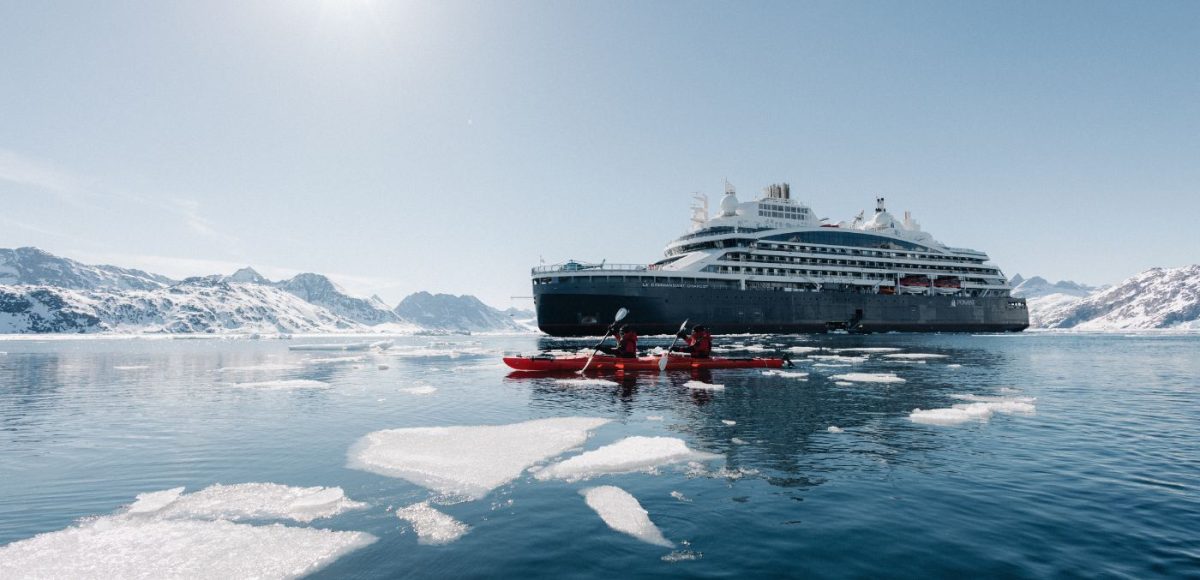For many of us, there has been a shift in the way we travel. Overtourism is out and treading lightly, contributing to wildlife conservation, and giving back to the communities we travel to, is in. Here are some of the best ecotourism experiences to ensure you leave your mark – in the best way possible.
1. Empower local communities with G Adventures through ecotourism
From the Galápagos to Madagascar and the polar regions, G Adventures has consistently pushed ecotourism. Recently the company has partnered with the Jane Goodall Institute to offer 20 wildlife-focused tours where funds go directly into protecting wildlife and empowering local communities. G Adventures founder Bruce Poon Tip has long been honoured as a visionary travel industry leader who is changing the face of travel for the better.
Take a 12-day tour through Kenya, Uganda and Rwanda on wildlife safari drives to spot big cats (cheetahs, leopards and lions) with opportunities to visit a Maasai village and learn about this nomadic culture. You’ll also get a chance to visit G Adventures for Good projects like the Nyamirambo Women’s Centre, which provides education and vocational training to women so that they can gain better employment opportunities. View the Jane Goodall Collection itineraries at gadventures.com/jane-goodall/
2. Connect to Country at Wilpena Pond
There are few places where you will feel such a strong connection to the landscape as South Australia’s Ikara-Flinders Ranges National Park. This 95,000-hectare national park, with its 17-kilometre-long sunken natural amphitheatre, Wilpena Pound, is nothing short of humbling. Advanced ecotourism-certified Wilpena Pound Resort is the only accommodation within the park and there is nothing but nature on your doorstep. Spend your days with Adnyamathanha guides listening to traditional stories of the land; discover ancient rock art, gorges and canyons; and watch the dramatically changing colours of the landscape at sunset. You’ll leave with a whole new appreciation of both the land and the Indigenous peoples who call this place home.

3. Get back to nature on Lord Howe Island
Just 600 kilometers off Australia’s East Coast, Lord Howe Island is a leader in sustainable development and it’s conservation practices are the world’s envy. With some of the planet’s rarest flora and fauna, this UNESCO World Heritage-listed location has worked hard to recover from damage inflicted in the past. Today, only 400 visitors are allowed on the island at a time; bicycles are the favoured mode of transport; a lot of the food you eat is locally grown, fished and harvested; and electricity comes from solar panels. This island is indeed a beauty, and one of the great examples of ecotourism in Australia.
Read more: 14 Luxurious ways to see Australia’s natural wonders

4. Cruise to cleaner oceans with Hurtigruten
From a beach clean-up project in Isfjorden, Svalbard, to conservation of the critically endangered Galápagos Petrel and supporting research into penguin populations in the Antarctic Peninsula, the Hurtigruten Foundation has now supported more than 80 projects in 18 countries. The foundation is funded by onboard initiatives and donations with a focus on preserving endangered wildlife, local communities and battling plastic waste and marine litter. The below video created for Earth Day 2023, outlines Hurtigruten’s vision for a future of sustainable travel.
5. Stay in stylish eco-villas at Bisate Lodge
When the five-star Bisate Lodge was built in Rwanda’s Volcanoes National Park, sustainability and the concept of ecotourism was at the fore as much as style. Eco-villas are surrounded by lush forest with thatched roofs to blend into the environment. Recycled glass and stone are used throughout, rainwater is harvested on-site, and more than 20,000 trees planted, ensuring the natural reintroduction of birdlife. Bisate works with the Tuzamurana Cooperative putting money back into the community.

6. Plant coral at a five star resort in Fiji
Following in the footsteps of his late father, oceanographer Jacques Cousteau, Jean-Michel Cousteau has dedicated his life to protecting the ocean. In the ‘90s, he opened the Jean-Michel Cousteau Resort in Fiji – a five-star retreat and ecotourism attraction that has a coral farm that educates guests on environmental practices. Here you can join the resident marine biologist to help plant coral, while an education program ensures the next generation are armed with the information they need to carry the baton of caring for the marine world.

7. Monitor Cheetahs at Sanctuary Kusini in Tanzania
Seeing cheetahs in the wild is something that will stay with you long after the experience. At Sanctuary Kusini in Tanzania, you not only go in search of cheetahs, but help monitor them for the Serengeti Cheetah Project. Guides will help you photograph and record their behaviour and location to aid in uncovering new movement patterns and the development of conservation programs. Since the ‘cheetah watch activity’ began in 2009, guests have supplied valuable information on more than 60 different cheetahs, many of which had not been seen for years. For more information visit tasafaris.com

8. Rescue Rhinos with Abercrombie & Kent
African rhinos are fighting for survival. They are being poached at a rate that could wipe out the entire species in the wild within a decade. Travel with Abercrombie & Kent to Botswana and you can learn how the company is working to save this critically endangered species through the Rhino Conservation Program. Conservation officers, in collaboration with Rhino Conservation Botswana (RCB), Botswana Anti-poaching Unit and Botswana police, are at the frontline of a new monitoring program focused on growing the local rhino population. Join them and help provide essential information for these at-risk animals.

9. Save Tasmanian Devils at Saffire Freycinet
Stay at Saffire Freycinet on the sparkling horseshoe-shaped Coles Bay in Tasmania and you can help save the Tasmanian Devil from extinction. Saffire has partnered with the Save the Tasmanian Devil Program, and is a key sponsor in the research to develop a vaccine for Devil Facial Tumour Disease, which is killing the species. The lodge’s free-range Tasmanian Devil enclosure means you can meet the resident population, feed them and hear their story
10. Educate disadvantaged Children in Peru
At Relais & Châteaux Sol y Luna Hotel you can help educate and care for more than 200 local children. The charming boutique hotel surrounded by gardens in Peru’s magical Sacred Valley provides community-based education and long-term job opportunities for local families. The hotel’s own school has 200 children, most coming from extreme poverty. When you come here, you can visit the local school, take in the nearby Inca ruins to sit with Sol y Luna artisans, and explore the nearby salt mines.

11. Sponsor a bear at Tam Dao Bear Sanctuary
Ninety minutes north of Hanoi, Tam Dao Bear Sanctuary is a place where bears brutalised for their bile have a loving home. Here, they can roam free in an 11-hectare sanctuary with five bear houses, outdoor pools and play areas. And importantly, they receive the medical treatment they require to help them recover. On an open-day guided tour, small groups can visit the sanctuary and gain insights into the process of how cubs and adult bears are rehabilitated, and what you can do to help them, from fundraising to sponsoring a bear. Travel with Adventure World for this experience.

12. Experience ecotourism on Lizard Island
Environmental stewardship is the cornerstone of Lizard Island on the Great Barrier Reef. Home to the internationally recognised Lizard Island Research Station, the Island attracts marine experts from around the world. It hosts approximately 100 research projects each year. Resort guests can participate in guided walks with the Dingaal people (the traditional owners of the island) and enjoy the marine delights in surrounding waters with snorkelling tours, sea kayaking and scuba diving.
Read more: Seclusion, coral reefs and nature’s gifts abount on Lizard Island.
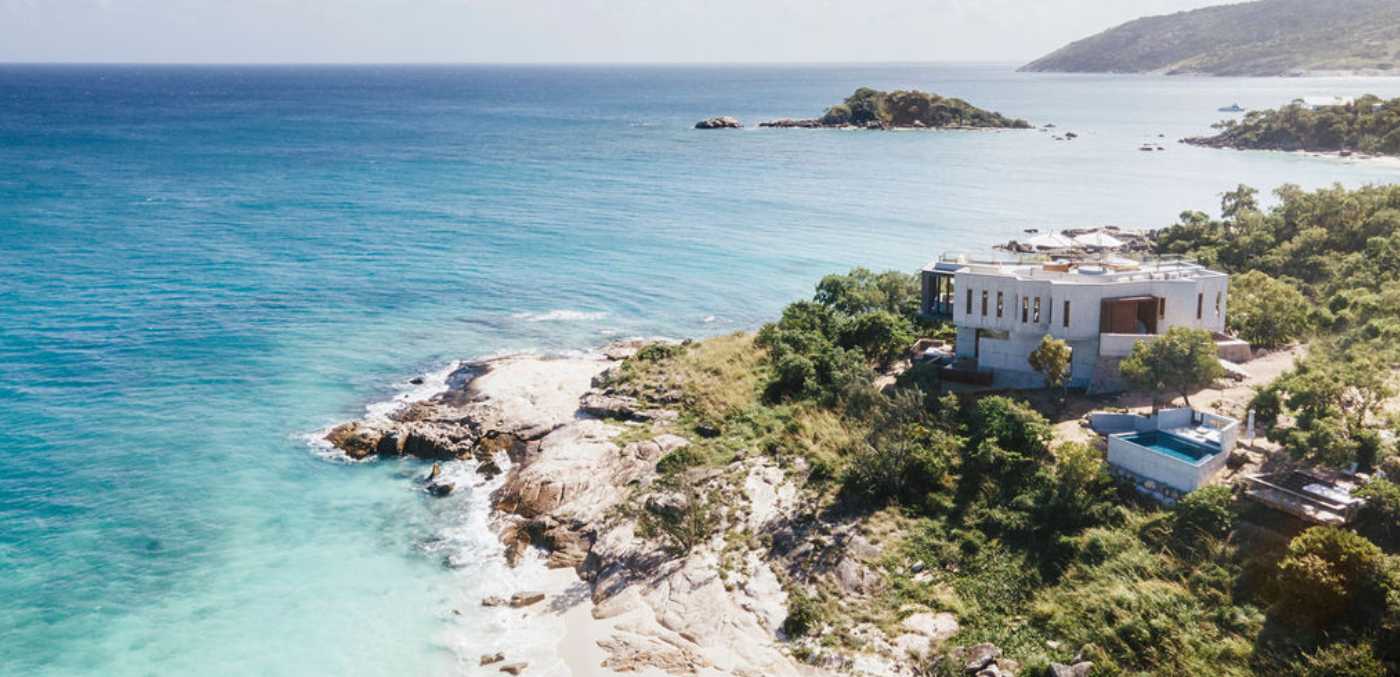
13. Dive into ecotourism at Wakatobi Resort
Wakatobi Resort, is dedicated to protecting it’s underwater ecosystem and supporting local communities. Located on the Indonesian island of Pulau, the resort has 50 mapped dive sites, 1,000 fish species and over 500 varieties of multi-hued corals, sea fans and sponges. This rich diversity is thanks to an agreement made in the 1990s whereby a portion of guest revenue from the resort is donated to local communities in exchange for them honouring the ‘no take’ zones in the reef.
Read more: Discover a jaw dropping underwater world at Wakatobi Resort

14. Ride a rickshaw in Rajasthan
Explore Rajasthan’s ‘Pink City’ Jaipur in flamboyant style, aboard bright pink, custom-designed and eco-friendly rickshaws driven by local women. The Pink City Rickshaw Co. offers a unique opportunity to help support more than 200 local women from low-income households. You’ll get to hear their stories first-hand as they ride you around the storied city. You’ll drink in a heady cocktail of traditional folk song and dance, stunning architecture, textile markets, handmade designer shopping and exquisite local cuisine. Book your travel to Rajasthan with Luxury Gold.

15. Meander down the Daintree on a zero-emission boat
Tropical North Queensland is a champion of ecotourism. Take a cruise with Sailaway Port Douglas and a portion of your tour goes into revegetation initiatives. An hour south, Skyrail Rainforest Cableway was the first tourism operator in the world to achieve EarthCheck Certification and is one of only a handful of ‘EarthCheck Masters’ globally; while Solar Whisper Wildlife Cruise is the only operator with zero-emission boats on the Daintree River.
16. Train around France
In a bid to combat climate change, France has banned short-haul domestic flights – where the same journey could be made by train in less than two-and-a-half hours. However, train timetables must be frequent enough to allow travellers to spend eight hours in the destination. France’s transport minister, Clement Beaune, said in a statement, “This is an essential step and a strong symbol in the policy of reducing greenhouse gas emissions.”

17. Analyse monkeys in Borneo
The huge flappy-nosed proboscis monkey is found only in the coastal forests of Borneo. The monkey is a favourite due to its distinctive features but the primates are listed as endangered and protected by law. Stay at Gaya Island – home to about 100 monkeys – and join a team of naturalists to help analyse their habitat, diet, movement patterns and population. Gaya Island Resort, in partnership with Sabah Parks and Sabah Wildlife Department, has also worked tirelessly to rescue displaced proboscis monkeys, with translocation and relocation a project dear to the resort’s heart.

18. Immerse yourself in Māori culture in Rotorua
Rotorua in New Zealand’s North Island has long been known as a geothermal wonderland rich in Māori culture. So it’s fitting that it’s here you can celebrate this sacred culture with a local iwi (tribe). Te Pā Tū is an experience owned by local Māori who are dedicated to preserving the Indigenous culture. Arrive to a Haka Pōwhiri (traditional welcome) before you watch a cultural performance in the forest, ending with a lavish three-course feast. Along the way, learn stories of ancient Māori and leave richer for your knowledge of this respected ancient culture.

19. Ski in Colorado
Colorado’s Breckenridge Ski Resort is staying on-piste with its plans for a zero footprint by 2030. Initiatives include upcycled food wrappers turned into picnic tables and terrain park features made of recycled PET bottles. The resort has been certified by Green Destinations as one of only three sustainable ski resorts in the USA. Skiers can join weekly free guided interpretive tours to the National Forest to learn about the resort’s environmental commitments, doing their bit by carpooling, using free public transport and following the ‘leave no trace’ policy.

20. Escape to the Irish countryside
Tucked away on a 120-hectare working farm in lush Irish countryside is Ballymaloe House. At this family-owned castle, fish comes from boats in the bay, and everything is recycled – from fish waste to tea leaves. Ballymaloe House is part of the Small Luxury Hotels Considerate Collection, a collection of hotels with the highest global sustainability standards. The property has planted 5,300 trees on the estate equating to 1,000 tonnes of carbon credits. Ballymaloe also sponsors BirdWatch Ireland’s ‘Irish Garden Bird Survey’ and designates much of the land for rewilding, all in a bid to ensure it lessens its carbon footprint and protects the natural landscape. Groundsman Tobias Pedersen’s biodiversity tours’ demonstrate what makes Ballymaloe House the perfect ecotourism escape.

21. Watch penguins and albatross in Dunedin, an ecotourism hotspot
David Attenborough described Dunedin as “a unique and very special place”. The wildlife capital of New Zealand is a great ecotourism destination. Dunedin is home to many rare and endangered species, which you can support just by visiting. Visit the Penguin Place, a penguin rehabilitation centre caring for sick and injured Hoiho (yellow-eyed penguin). Watch the famous Albatross colony from an exclusive ‘Royal Box’ at the Royal Albatross Centre. Then plant native trees whilst learning about the indigenous culture on a karitāne Māori Tour.
Read more: The ultimate guide to Dunedin’s luxury experiences
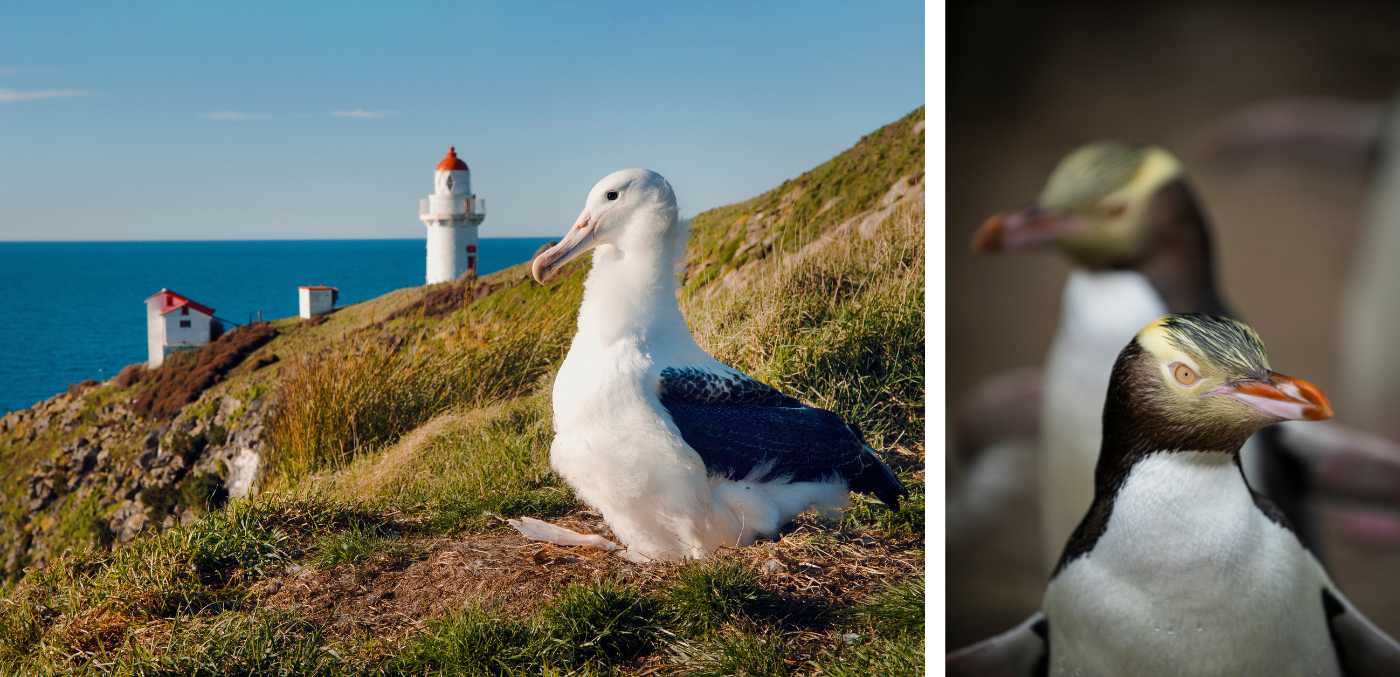
22. Meet white rhinos in Kenya
Under the snow-capped peaks of Mount Kenya is Ol Pejeta Bush Camp. Stay in spacious, eco-friendly tents in a place that is home to the last two remaining northern white rhinos on Earth. All proceeds from the ‘Meet the Northern White Rhinos’ experience are reinvested into the continuing efforts to pull the subspecies back from the verge of extinction.
23. Become an ambassador for polar bears with Ponant
If you want to cruise with a conscience, Ponant is a sure way to go. Ponant was the first cruise line to achieve Green Marine Europe certification – and hold it for three years. The French luxury liner also offsets 100 per cent of its emissions. Its expeditions to polar regions also provide an important opportunity to gain invaluable knowledge and advance research in protecting polar bears. Passengers discover the threats the bears face and leave as ambassadors for the bears and the region.

24. Listen to stories from the Klahoose First Nation
In Canada’s Homfray Channel – between the Coast Mountains of British Columbia’s Sunshine Coast and the Salish Sea – is a remote resort determined to preserve its culture. Only accessible by boat or seaplane, the multi-award-winning off-grid Klahoose Wilderness Resort is 100 per cent owned by the Klahoose First Nation. With an all-Indigenous staff, learn about their culture through storytelling while you kayak, stand-up paddle board, and go for long forest walks. When you’re not soaking up the serene environs, you’ll be seeking out the abundance of wildlife. Listen to the distant call of a majestic eagle as it soars above a pod of nearby orcas. If you visit during August and October, Indigenous guides will take you grizzly bear viewing – a life-changing ecotourism experience.

What is ecotourism?
Ecotourism is defined as “responsible travel to natural areas that conserve the environment, sustains the well-being of the local people, and involves interpretation and education”. This is often made up of immersive experiences such as monitoring and learning about local wildlife or interacting with indigenous communities.
Read more:
This article originally appeared in volume 45 of Signature Luxury Travel & Style magazine. Subscribe to the latest issue today.







